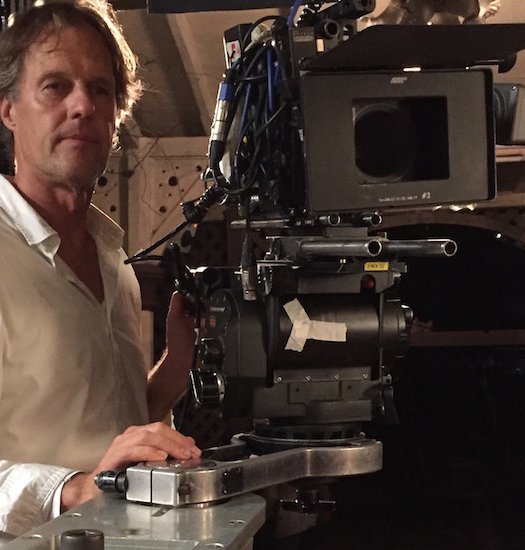Azmaish raises questions about changing political realities – Sabiha
In a warmly informal yet straightforward conversation about India, Pakistan and everything in between; Writer and Filmmaker Sabiha Sumer talks to Pandolin about Azmaish, her documentary on the differing relationship between the two nations. While underlining the importance of responses that are unrehearsed and instinctively honest, she dwells onto how the film is more than merely a visit Kalki Koechlin and she make to each other’s country.

Sabiha Sumer with Kalki Koechlin
The film documents the journey of an Indian travelling to Pakistan and vice versa. How enlightening was this experience and how different from the way you had imagined it ?
A journey is worthwhile only if you allow yourself to discover and are ready to change your perception. It doesn’t make sense to embark (on a journey) if you are not willing to let go of what you already know or feel. For me, I learnt a lot about my own country as well as about India. Azmaish is not just about Kalki (Koechlin) coming to Pakistan and me going to India. It started as a film that would show solidarity between an Indian and a Pakistani in search of answers as to why the two countries insist on being enemies. But as events between India and Pakistan threw up more hostility I began to question what really stops India from accepting Pakistan and what stops Pakistan from accepting India.
As a filmmaker, I like to open my work to the public and invite people’s participation
Where did the idea emerge from? Why a documentary as opposed to a fictional feature?
The idea for the film came when I asked myself what kind of a country should Pakistan be? What direction should it take? A part of that question was naturally tied up with Pakistan’s identity as an Islamic state. But as India changed its course and started to look at a Hindu identity, I asked myself, why does India need to do that now? What are the changes in the Indian society that prompted such a diversion? To me it seems that the answers to both countries are inextricably linked. They are two ends of the same puzzle.
For me the decision to make a documentary or a narrative film lies in which format will serve the story better. Azmaish is best told as a factual film where real people talk from their “stomach” – it’s a gut response – not a rehearsed answer.
Why did you opt for the crowdfunding route for the film? What would you say are its benefits and disadvantages, if any?
Crowdfunding is important for a film like Azmaish. We wanted to see people’s response to such a film. Do people want to see such a film made? Crowdfunding is a way in which people can be part of an important journey. And for me, as a filmmaker, I like to open my work to the public and invite people’s participation. This process also opens up alternative sources of funding where conventional funding may not be easy to get.
Considering camera consciousness and the general approach to present the best in front of a camera, how difficult was it to get authentic responses during the filming?
It depends on how you talk to people. Kalki and I had a very straightforward sincere approach and people responded honestly from the gut.
Azmaish is not just about Kalki (Koechlin) coming to Pakistan and me going to India
What are the future plans for the documentary? Do you plan for any return on investments or is there something else you are looking at?
The documentary will be broadcasted on Zdf/Arte (German French cultural channel). And we still have to see where else it may be shown. It will travel to festivals – some important film festivals are already following the progress of the film for their festivals – my feeling is that it will be seen widely as it raises important questions not only about India and Pakistan but also opens up to far reaching changes in political realities across the world today.
Azmaish is currently crowdfunding on Wishberry, you can contribute to the campaign here.



